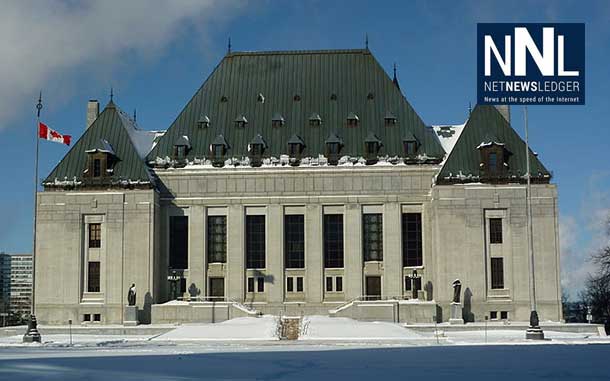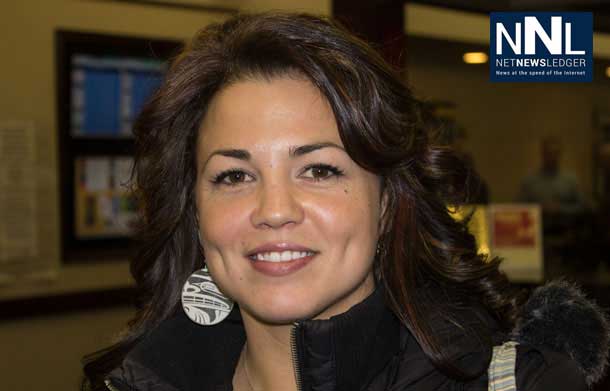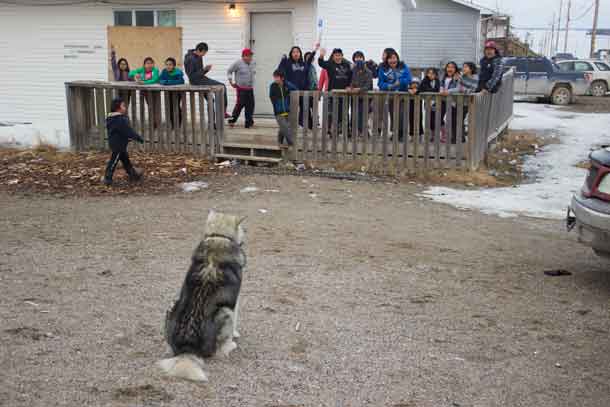THUNDER BAY, ONTARIO – March 29, 2024 – In a landmark ruling, the Supreme Court of Canada has reaffirmed the rights of self-governing Indigenous communities to maintain their cultural traditions, even if doing so occasionally conflicts with elements of the Canadian Charter of Rights and Freedoms.
The case stems from a Yukon-based dispute between the Vuntut Gwitchin First Nation and Cindy Dickson, a community member who challenged their residency requirement for elected leaders. The Court’s decision navigates the complex relationship between the Charter and the collective rights enshrined in Section 25, which protects Indigenous rights.
Residency Requirement Upheld for Cultural Reasons
Ultimately, the Supreme Court determined that while the Charter does apply to self-governing Indigenous communities, Section 25 allows for collective rights to take precedence in specific instances. In the Vuntut Gwitchin case, maintaining their land-based governance system, connected to their traditional territory, was deemed vital to their cultural preservation.
Balancing Individual and Collective Rights
This decision highlights the continuous need to balance individual and collective rights within Indigenous self-governance systems. Dr. Ryan Beaton, a legal expert at the Centre for Constitutional Studies commented, “This decision will have far-reaching implications for Indigenous communities in Northwestern Ontario and across Canada, as they work to define their own governance structures and preserve their unique cultural traditions.”
Implications for Northwestern Ontario
For First Nations throughout the region, this ruling underscores the importance of self-determination and reinforces the legal protection of cultural practices. As Indigenous communities in Northwestern Ontario continue to develop self-government agreements, this decision provides valuable guidance and reinforces the strength of collective rights.







